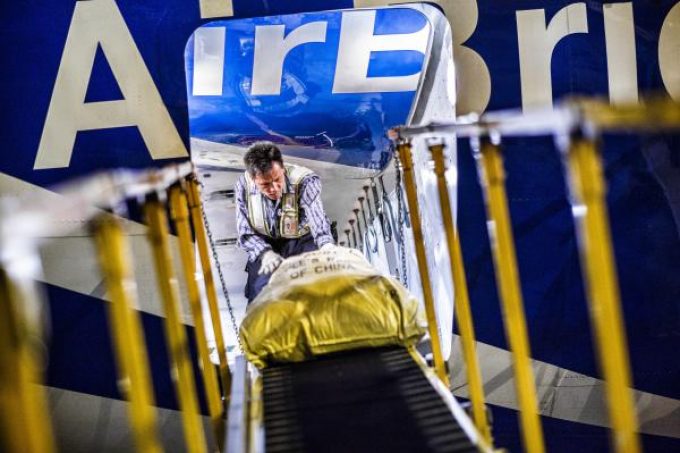K+N CEO unveils impact of US import tariffs on China-origin goods
Kuehne + Nagel is seeing everything from a complete stop in supply chain activity to ...

Airlines should get closer to their customers, the forwarders, instead of putting a barrier between the two in the form of sales agents (GSAs) and wholesalers.
Speaking at FIATA’s World Congress in Dublin, Robert Van de Weg, head of sales for AirBridgeCargo, said airlines all ...

Comment on this article